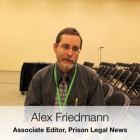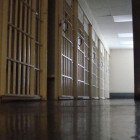
Following a New Roadmap to Juvenile Justice
|
These days are exciting ones for youth justice in the United States. Several factors have come together to influence the evolution of the field, including the economic downturn, a recognition that traditional models have failed, and a wide variety of new alternatives. David Muhammad, the former chief probation officer of Alameda County California, and the former deputy commissioner of probation in New York City, writes in an August 28, post for New America Media, A Roadmap to the Future of Juvenile Justice, about programs around the country that are working. He focuses on several interrelated approaches. The first, Positive Youth Development, flips the usual approach of criminal justice, which views kids involved with the system as problems to be fixed, on its head.










